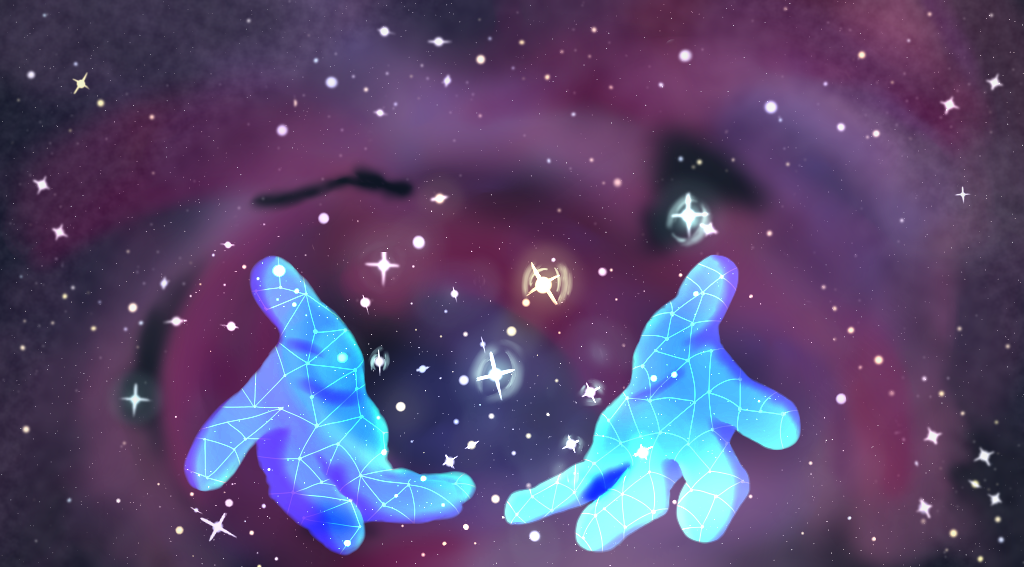The Media, Arts, Games, Interaction and Creativity (MAGIC) Center has been working on many individual projects in collaboration with different partners to create new concepts that will be incorporated with their video games, which are still in development.
One of their newest projects in the works is Chain Gang Chase, an idea for a game conjured up by Joe Pietruch, a professor with the School of Interactive Games and Media at RIT. The game can accommodate a maximum of eight players, all of which are connected to a chain and required to escape and search for a train to cut their individual chains. The train is their main goal, which they achieve by completing the maze using teamwork. There are many obstacles, including trees, difficult puzzles, having to avoid detection and capture and trying not to get stuck and thereby increase the possibility of failing the mission. Even removing the chains is not as easy as it seems. The players must carefully align themselves outside the track so that the chains are over the tracks before the train arrives, or else the train will hit them, killing their characters. It’s a game of strategic thinking and maneuvering as a team. You can watch the Kickstarter campaign video here, and anyone can register for a free account to use the map editor to create levels to be downloaded and played in the game.
Circular Studios, started by a group of RIT students, is currently working on the Dash Engine. According to the MAGIC Center’s homepage, “Dash is an open-source 3-D game written in the D Programming Language.” D Programming Language is similar to C++, but better with performance code and application development. A main goal for Circular Studios as they work on Dash is to show how mature and powerful the D Programming Language is. So, along with being a fun, well designed game, it is also an important learning and exposure tool for programming languages to those who are unfamiliar.
There are still many ideas that the Center is working on, in addition to helping out their partners. One of the MAGIC Center’s most recent collaborations was with Second Ave. Software, whom they have partnered up with on several Department of Education grants. Their partnership is based off of creating games for middle school science education like Martha Madison, a 3-D physical science game specifically meant for middle school students that helps them learn in an interactive manner conducive to their age level. There is also Memento, one of the latest game projects by Blind Horizon Studios (founded with the help of MAGIC). The user plays through the emotional storyline of a police officer and sees the reality of what it is like to be a police officer and all the hardships and obstacles they have to go through, as well as the decisions they have to make.
These games are not all the MAGIC Center has to offer. They provide a stepping stone for student innovators to cultivate their knowledge into something tangible. Go check it out in the Student Innovation Hall, Building 87.







